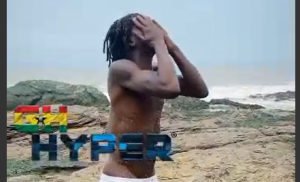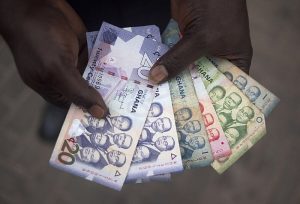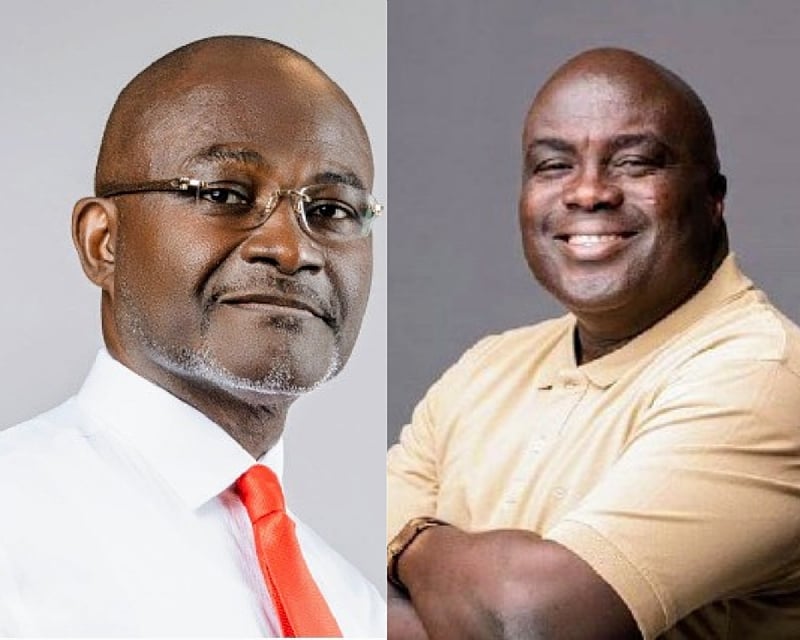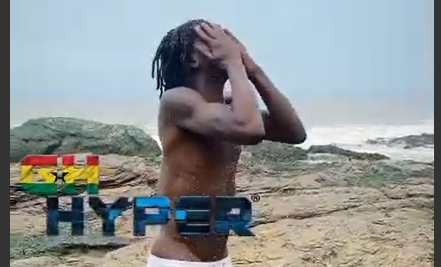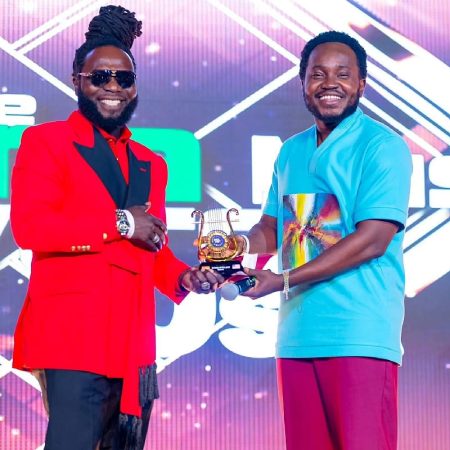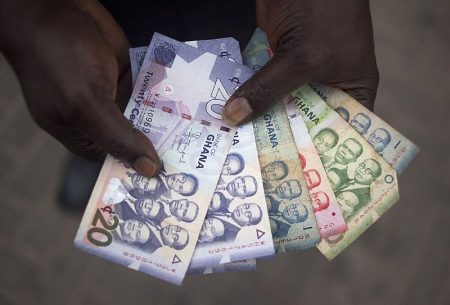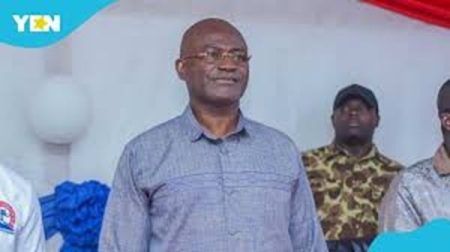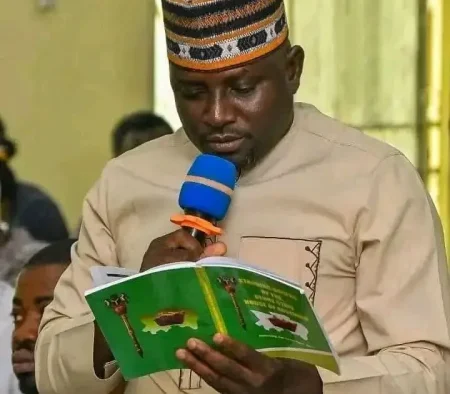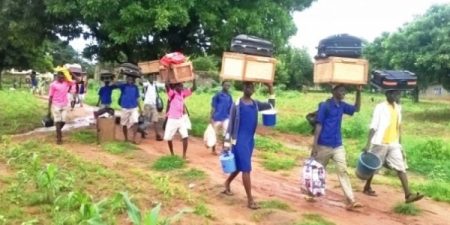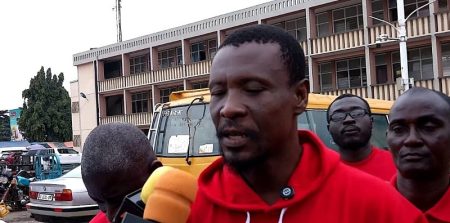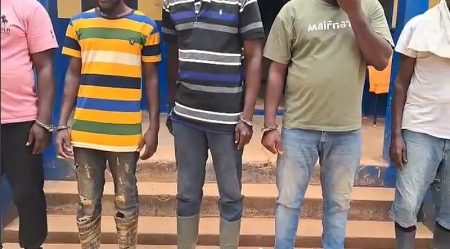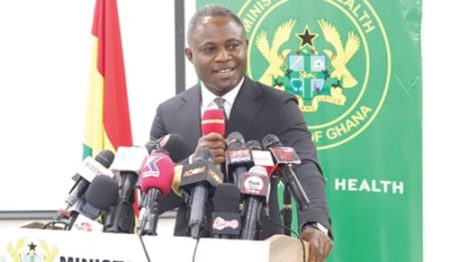The Realm of Prophecy and Ghanaian Politics: A Deep Dive into Prophet Worlasi’s Predictions
Ghana’s political landscape has long been intertwined with the pronouncements of prophets, who often claim to foresee pivotal events. As the New Patriotic Party (NPP) prepares for its 2026 presidential primaries, the prophetic voices have once again risen, offering glimpses into what they perceive as the preordained future. Among these voices is Prophet Emmanuel Worlasi, the head pastor of Conquerors Chapel in Kumasi, whose prophecies have sparked both intrigue and debate. Worlasi’s pronouncements center around the impending NPP primaries, focusing on the perceived rivalry between Kennedy Agyapong and Dr. Mahamudu Bawumia. He further extends his prophetic gaze to the opposition National Democratic Congress (NDC), predicting internal struggles and a surprising turn of events regarding the party’s leadership.
Worlasi’s core prediction for the NPP primaries revolves around the assertion that Dr. Bawumia has already secured victory in the “spiritual realm.” He suggests that despite Kennedy Agyapong’s vocal and enthusiastic supporters, Bawumia will ultimately emerge victorious when ballots are cast. This claim, which Worlasi presents as divinely revealed, contradicts the widespread perception that Agyapong holds a significant advantage going into the primaries. The prophet emphasizes the spiritual dimension of his insight, claiming to have witnessed the electoral outcome in a realm beyond the physical. This reliance on spiritual revelation forms the foundation of his prophetic claims, adding a layer of mystique and intrigue to the political discourse.
Shifting his focus to the NDC, Worlasi paints a picture of internal discord and unexpected leadership changes. He claims that while prominent figures like Johnson Asiedu Nketia and Eric Opoku harbor ambitions for the flagbearer position, a “mighty hand” is guiding the party toward Julius Debrah, the former Chief of Staff. This prediction introduces an unforeseen element into the NDC’s internal dynamics, suggesting that behind-the-scenes forces may be shaping the party’s future trajectory. Worlasi further foresees escalating tensions within the NDC, predicting even greater internal strife than currently witnessed within the NPP. He believes that attempts to persuade former President John Dramani Mahama to seek a third term will ultimately fail, further contributing to the party’s internal disarray.
Adding another layer to his prophecies, Worlasi connects a previous prediction about Vice President Naana Jane Opoku-Agyemang’s health with the potential rise of Julius Debrah. He had previously foreseen health challenges for Opoku-Agyemang, and while anticipating her recovery, he suggests that the experience might lead to her resignation before completing her term. This, he posits, would pave the way for Julius Debrah to assume a more prominent role, potentially positioning him for future leadership. The interplay between these predicted events highlights Worlasi’s view of a divinely orchestrated sequence of events within the NDC, leading to unexpected outcomes.
Worlasi’s prophetic declarations carry a significant weight in a country where spiritual pronouncements often influence public opinion. His assertion that these events are divinely ordained lends an aura of inevitability to his predictions, suggesting that they are beyond human control. However, he also acknowledges the possibility of divine intervention altering the course of events. This caveat introduces a degree of flexibility into his pronouncements, allowing for unforeseen changes while maintaining the core message of his prophecies. It’s important to note that these prophecies are interpretations of perceived spiritual insights and are not necessarily indicative of actual future outcomes.
The intersection of religion and politics in Ghana creates fertile ground for prophetic pronouncements. While some view these prophecies as divinely inspired insights, others approach them with skepticism, seeing them as potentially manipulative tools within the political arena. Regardless of one’s perspective, Worlasi’s prophecies have undoubtedly stirred the political waters, adding another dimension to the ongoing discussions surrounding the future leadership of both the NPP and the NDC. The coming months will reveal whether these prophecies bear any resemblance to the unfolding political reality, but for now, they serve as a testament to the enduring influence of spiritual pronouncements in Ghana’s political landscape. The reaction to these prophecies from the political figures involved, as well as the general public, will further shape the narrative leading up to the 2026 elections. Ultimately, the true test of these prophetic declarations lies in the unfolding of events in the political arena.


